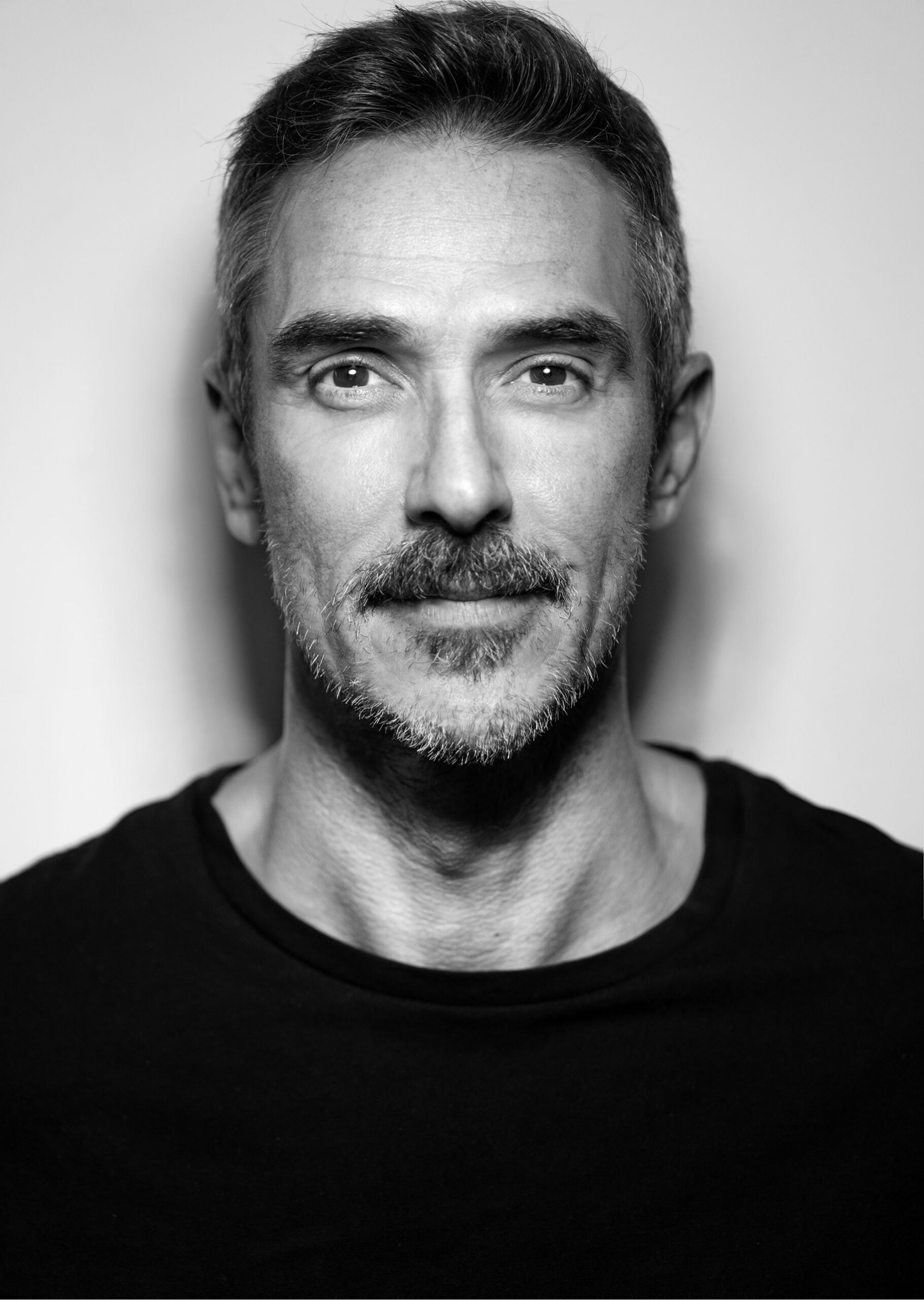Dr. Miguel Stanley looks at the pandemic as a positive time for dentists to reset. They may want to consider practicing "slow dentistry" upon their return. What is that, and is it right for you?
Dr. Miguel Stanley tells Dr. Pamela Maragliano-Muniz that he sees the pandemic as a positive time for dentists to reset. It’s been a time of reflection for many. What does he believe will be different after the pandemic? He said now has been a time to figure out what’s wrong and what needs to be changed in the profession. What Dr. Stanley hopes will change is dentistry’s safety, security, hygiene, and communication with the public.
He’s become known for creating and promoting “slow dentistry.” What is it, and how can dentists implement it? Often, dentists prefer practicing “slowly,” but patients want “fast.” Speed and convenience often equals quality in consumers’ minds. While Dr. Stanley says it may be easy to deceive patients with “fast,” dentists study so that they can practice quality, meticulous care.
But slow dentistry isn’t all about clinical speed, but with the dentist’s interactions with patients. It’s also about taking the time to properly clean, disinfect, and prepare for the next patient. High patient turnaround seldom leads to practicing safe dentistry. He then explains the four basic cornerstones of slow dentistry.
Find out how to incorporate it into your practice when it reopens.
You can check the full article in Dentistry IQ here.






